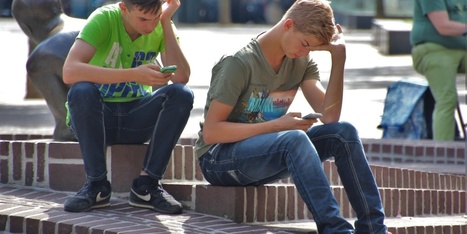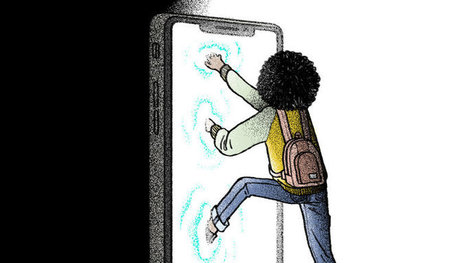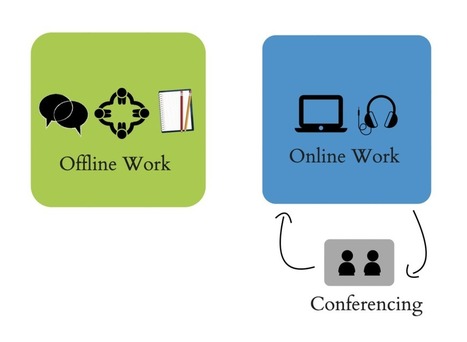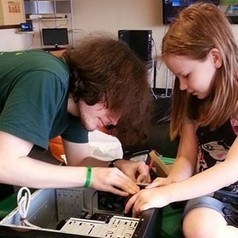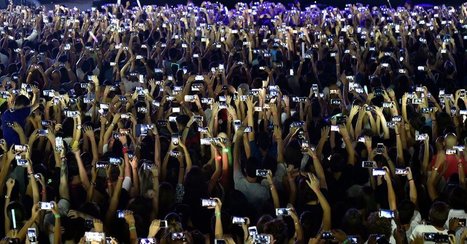The debate over screen time is typically accompanied by a good deal of finger-wagging: The digital experience is a ruinous habit, akin to binge-eating curly fries, gambling on cock fights or drinking whiskey with breakfast.
Meanwhile, social scientists who are trying to study the actual psychological effects of screen time are left in a bind. For one thing, good luck finding a “control group” of people living the nondigital life or anything close to it. Children pick up devices early, and by their teens are spending six hours a day and more on screens — with phones, laptops and iPads, guzzling from the spigot of Netflix, Hulu and YouTube.
Moreover, standard measures such as “average daily Facebook usage” are now practically meaningless. Consider what a person can do in just the time it takes to wait for a bus: text, watch a comedy skit, play a video game, buy concert tickets, take five selfies, each with a different set of cartoon ears.
Learning how that behavior shapes an individual’s life experience requires an entirely new approach, one that recognizes that screen time is no mere habit but now a way of life. So argued a consortium of social and data scientists recently in the journal Human-Computer Interaction. The phrase “screen time,” they noted, is too broad to be scientifically helpful; it cannot remotely capture the fragmented, ever-shifting torrent of images that constitutes digital experience.
“It’s very counterintuitive to say at this stage, but the fact is, no one really knows what the heck people are seeing on their screens,” said Byron Reeves, a professor of communications at Stanford and an author on the paper. “To understand what’s happening, we need to know what exactly that is.”
Via
John Evans



 Your new post is loading...
Your new post is loading...

